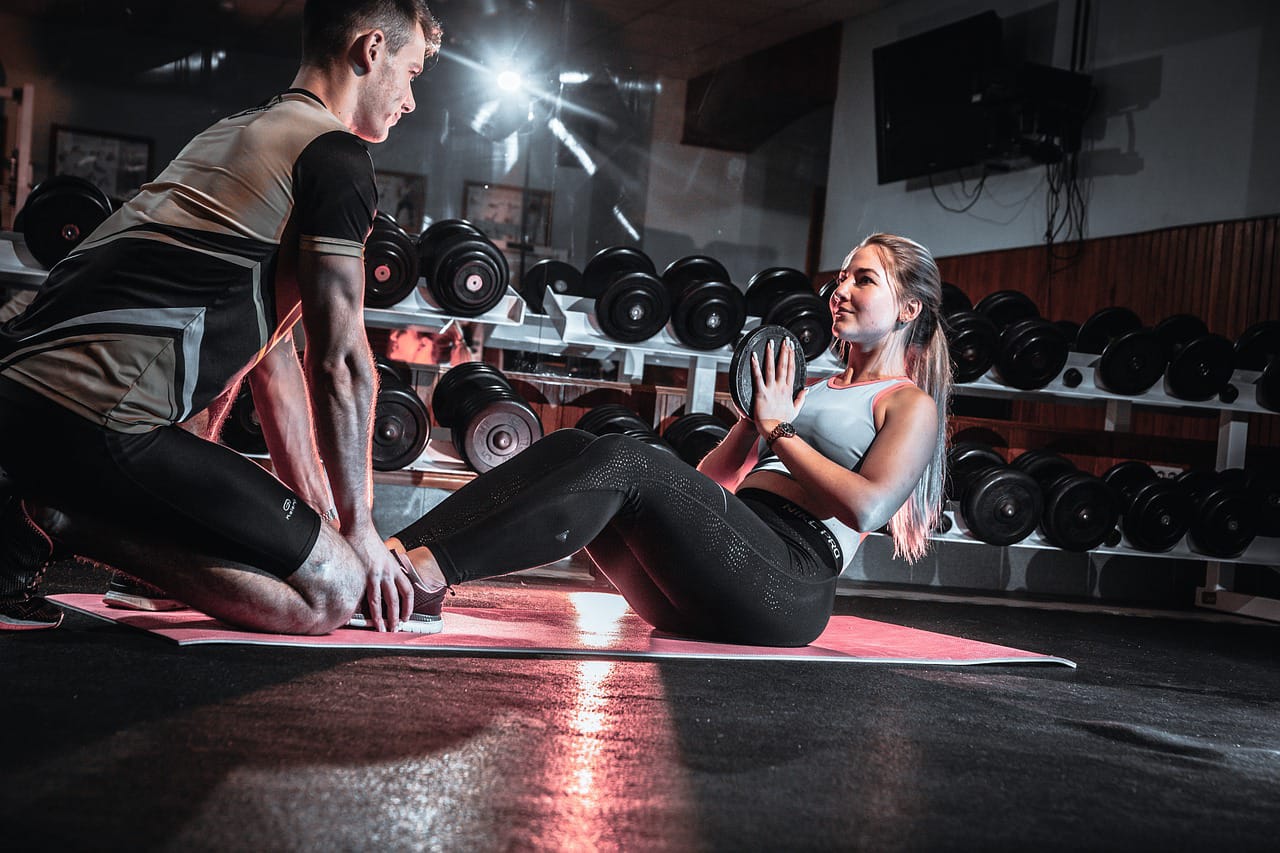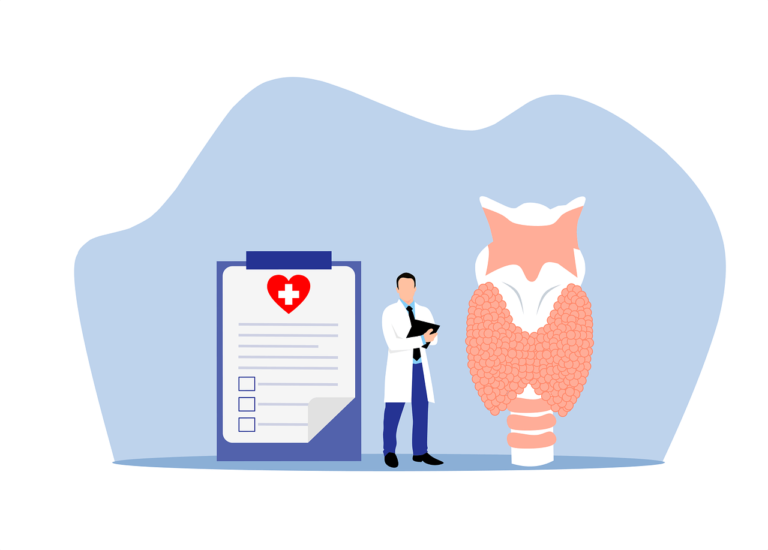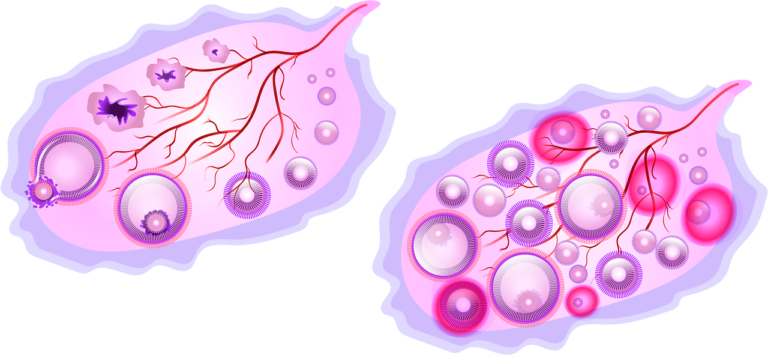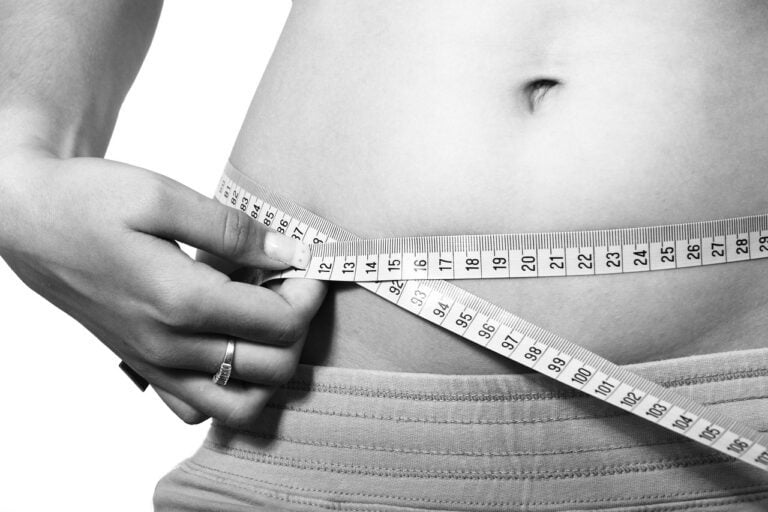When the sun comes up and you’re getting ready for a morning workout, your body needs the right nourishment to get the day started with fat-burning and muscle growth. That’s where the magic of “Pre-Workout Meals Guide For Fat Loss and Muscle Gain” comes into play.
The significance of pre-workout meals in reaching your fitness goals cannot be overemphasized. Whether you’re aiming to lose weight or pack on lean muscle, what you consume before hitting the gym can significantly impact your performance and results.
Pre-workout meals are a key factor in the overall scheme of your fitness program, which is something you must be aware of in order to properly appreciate the benefits.
Let’s explore and uncover every aspect of this vital part of your fitness journey.
Table of Contents
ToggleIn order to fully understand the value of pre-workout meals, it is important to realize how they fit into the bigger picture of your fitness routine.
Your entire training session is built on the foundation of pre-workout nutrition. The combination of particular macronutrients such as carbohydrates, proteins and fats, gives your body the energy and nutrition it needs to power your workouts as well as to influence muscle growth and healing afterwards.
The Function of Protein
Protein, which is frequently regarded as the foundation of muscle growth, has a variety of functions in your pre-workout food plan. Beyond its ability to increase muscle mass, protein is essential for avoiding muscle breakdown during demanding workouts.
Consuming dietary protein initiates the process of muscle protein synthesis, which promotes muscle tissue growth and repair. You essentially provide your body with the critical amino acids it needs to strengthen and heal muscle fibres that might sustain a microscopic injury during exercise by including a source of lean protein in your pre-workout meal.

Significance of Carbohydrates
The main source of energy for your body, carbohydrates, are of utmost significance for a pre-workout diet. Your body breaks complex carbs, which are abundant in whole grains, fruits, and vegetables, into glucose, a quick source of energy for your muscles.
Your muscles use up these glucose reservoirs as you exercise, giving you the endurance and determination you need to complete your workout.
Your pre-workout meal should contain carbohydrates to help keep your energy levels stable, prevent early exhaustion, and improve your overall exercise performance.
Timing Is Crucial In Taking Pre-workout Meal
The best results from your pre-workout meal depend on when you eat it. When you eat a balanced meal roughly one to two hours before working out, your body has plenty of time to digest and absorb nutrients. By ensuring that you have enough energy to get through your tasks without feeling tired or inefficient, this ideal time strikes a careful balance.
With a pre-workout meal, your body gets the nutrients it needs right before your workout, which improves the efficiency of your workout.
Keeping Yourself Hydrated

Hydration is crucial for pre-workout preparation even though it is not a macronutrient. Dehydration can significantly reduce exercise performance and impair strength, coordination, and thinking skills. Additionally, maintaining a proper hydration routine is necessary for your body to burn fat effectively and efficiently.
The metabolic functions of your body are diversly affected when you are dehydrated, which could make it even harder for you to lose weight. Drinking water before and during your workout will keep you hydrated, helping you to exercise at your best and make the most of your body’s fat-burning capabilities.
Including Healthy Fats
While proteins and carbohydrates frequently get attention, it is important to recognize the role that healthy fats play in pre-workout nutrition. Healthy fats also play a vital role in hormone production, which has a direct impact on both fat loss and muscle gain. The regulation of muscle growth and fat metabolism is greatly influenced by hormones like testosterone.
Your pre-workout breakfast should contain sources of healthy fats like avocados, almonds, and olive oil to boost hormone production and optimization, which will help you achieve your overall fitness goals.
Choosing Pre-Workout Meals Based on Your Goals
Taking an innovative approach to pre-workout nutrition involves scheduling your meals in accordance with your particular fitness objectives. If your main goal is to lose weight, choosing a balanced meal with a slightly lower carbohydrate content can encourage your body to use fat stores as a source of energy.
On the other side, people who want to add muscle can benefit from a pre-workout breakfast that is higher in protein since it helps with muscle protein synthesis, which is essential for muscle growth. Understanding the specific requirements of your goals allows you to design a pre-workout meal that best supports your fitness journey.
You can refer to some really tasty and healthy pre-workout meal options:
Avoid Eating Heavy Meals
While it is undeniably important to get the proper nutrients, how you consume them also matters. When it comes to a pre-workout diet, large and heavy meals might cause discomfort, bloating, and lethargy. These feelings may prevent you from giving your best effort and lower the standard of your entire workout.
A lighter, more nutrient-rich meal finds an acceptable balance between supplying sufficient energy and avoiding the digestive discomfort that frequently follows heavy meals.
Snack Options for Instant Energy
Sometimes we just need a short and effective pre-workout snack rather than a complete full meal. In these situations, choosing snacks that contain both carbohydrates and proteins can provide you with the extra energy you need.
A protein-packed smoothie, a banana with almond butter, or a cup of mixed berries are all delicious alternatives that will keep you full and give you the energy you need to wrap up your workout.
Try new things and focus on your body

Despite the abundance of recommendations and rules, one fact remains constant: your body is special. It has different responses to different foods and meal timing, which is affected by things like metabolism, degree of exercise, and heredity.
Therefore, being open to experiment and paying attention to your body’s cues is a crucial component of pre-workout nutrition. Keep track of how various meals and snacks affect your energy levels, endurance, and your overall training experience. By analyzing your own needs, you can customize your pre-workout nutrition plan and make it more effective.
You can easily track your fitness progress and nutrition intake with apps like MyFitnessPal and find workout guides on platforms like Bodybuilding.com.
Conclusion
Pre-workout nutrition appears as a thread in the complex fabric of fitness that can either enhance or hinder your efforts. You may equip yourself with the tools you need to make progress toward your muscle-building and fat-loss targets by training yourself in the scientifically proven recommendations for pre-workout meal composition, nutritional balance, and timing.
This in-depth analysis has shown pre-workout nutrition’s versatility, demonstrating how it energises, safeguards, and accelerates your progress. As you are excited to begin your fitness journey with this deep and thorough understanding, remember that every meal, every decision, and every activity is a step forward towards your fitness goal.
Through a thoughtful and well-informed pre-workout diet, you are not only nourishing your body but also building your commitment in order to achieve the outcomes you have set for yourself.
You Can Also Read: Key Difference Between PCOD and PCOS
FAQs (Frequently Asked Questions):
1. Why is pre-workout meals guide for fat loss and muscle gain important?
Pre-workout nutrition provides your body with the necessary energy and nutrients to fuel your workout, enhance performance, and support post-exercise recovery. It ensures you have the stamina and strength to make the most of your exercise routine.
2. What should a pre-workout meal include?
A well-balanced pre-workout meal should include a source of lean protein (such as chicken or tofu) to support muscle repair and growth, complex carbohydrates (like whole grains or fruits) for sustained energy, and a small amount of healthy fats (such as avocado or nuts) to aid hormone production.
3. How long before a workout should I eat?
Ideally, aim to eat your pre-workout meal about 1 to 2 hours before your workout. This gives your body enough time to digest the food and convert it into energy without causing discomfort during your exercise session.
4. Can I have a snack instead of a full meal before working out?
Absolutely! If you’re short on time, a pre-workout snack can provide the necessary energy boost. Opt for a combination of carbohydrates and protein, such as a banana with nut butter or a handful of berries with Greek yoghurt.
5. Should I drink water before my workout?
Staying hydrated is crucial for optimal workout performance. Drinking water before and during your workout helps maintain energy levels, prevent dehydration, and support fat-burning mechanisms. Sip on water throughout the day to ensure you’re adequately hydrated.
6. Can pre-workout meals help with both building muscle and burning fat?
Absolutely. Tailoring your pre-workout nutrition to your specific goals can make a significant difference. For burning fat, consider a slightly lower carbohydrate intake, while those aiming for muscle gain might benefit from a higher protein content. Adapting your meals to your objectives can enhance your progress.
7. Is it okay to skip pre-workout nutrition?
While some people prefer to work out on an empty stomach, having a balanced pre-workout meal can significantly impact your performance and results. Without proper fuel, you may experience decreased energy levels and compromised exercise quality. It’s recommended to prioritize pre-workout nutrition for optimal outcomes.







20 thoughts on “Pre-Workout Meals Guide For Fat Loss and Muscle Gain”
It’s a generous tip for the healthy daily routine. Thanks for the information
Thank you for your valuable feedback.You can explore other articles for more such informations.
Great information ✌️
Thank you for your valuable feedback.You can explore other articles for more such informations.
Thankyou so much for sharing these health guide. These are really helpful 😄.
Thank you for your valuable feedback.You can explore other articles for more such informations.
Totally helpful post for the health ….
Thank you for your valuable feedback.You can explore other articles for more such informations.
This is very informative. Absolutely amazing page !!
Thank you for your valuable feedback.You can explore other articles for more such informations.
Nice contain. Keep it up.
Thank you for your valuable feedback.You can explore other articles for more such informations.
Very Informative
Thank you for your valuable feedback.You can explore other articles for more such informations.
Thank you for your valuable feedback.You can explore other articles for more such informations.
Interesting to know!!
Thank you for your valuable feedback.You can explore other articles for more such informations.
Nicely explained
Thank you for your valuable feedback.You can explore other articles for more such informations.
Very informative post.Thanks